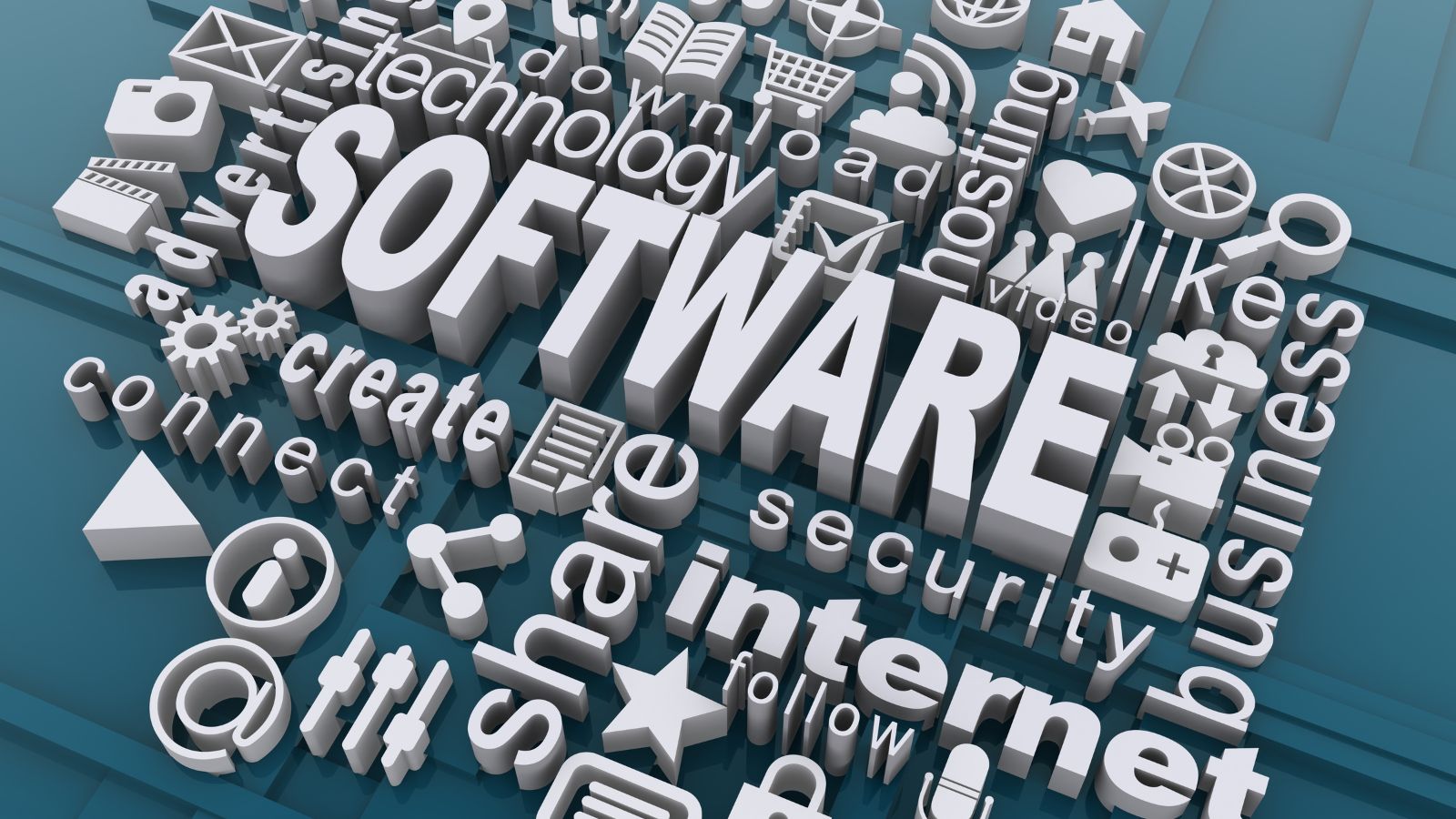In today’s digital age, software technology has become an integral part of our lives. We’re surrounded by it, from our smartphones and laptops to our smart home devices and cars. But what exactly is software technology?
Software technology is the magic that makes our digital world spin. It’s the foundation of every application, every digital tool, and every online platform we use. This article will delve into the fascinating world of software technology, its importance, and how it’s shaping our future.
Is Software Technology
Digging deeper into the concept of software technology illuminates how it’s a game-changer in our contemporary life. This section explores the definitional aspect of software technology and its evolution over time.
Defining Software Technology
Software technology falls into the broad realm of digital tools that enable and enhance various functionalities in our digital devices. It forms an integral part of devices such as calculators, music players, and advanced quantum computers. Essentially, one can equate software to the orchestrator of instructions that guide the execution of tasks in a device. For example, your computer’s operating system, social media apps, and antivirus programs are all products of software technology.
Evolution of Software Technology
The progression of software technology marks the milestones in the rise of the information age. It’s a journey that began with coding languages treading on the binary digits of 0s and 1s in the 1940s. With the advent of assembly languages, higher-level programming languages like FORTRAN, and COBOL took shape in the late 1950s, simplifying programming tasks.
 The Impact of Software Technology
The Impact of Software Technology
Software technology’s impact touches upon diverse aspects of life, reaching far beyond the realms of smartphones and computers. It’s influential in both our ordinary routines and global economies.
How Software Technology Affects Daily Life
Software technology fits snugly into daily routines, managing operations in devices that often seem trivial. For instance, digital alarm clocks rely on software to execute their primary task – waking people up. GPS applications, like Google Maps, depend on software to guide users to their destinations. In healthcare, software powers telemedicine, enabling patients to consult with doctors virtually. Software technology, therefore, redefines normality, subtly transforming how we live, travel, and even take care of our health.
Role of Software Technology in Business
In business realms, software technology creates significant ripple effects. It powers Customer Relationship Management (CRM) systems such as Salesforce, streamlining sales and marketing efforts. Enterprise Resource Planning (ERP) systems, like SAP, fall under the purview of software technology, integrating various business processes. Accounting software optimizes finance management while supply chain and inventory software betters logistics. Thus, software technology directs business operations, often being the invisible hand that keeps things running smoothly and efficiently.
 Examination of Current Software Technology Trends
Examination of Current Software Technology Trends
This section seeks to examine the contemporary trends influencing the software technology landscape. These emergent trends, rooted in technological shifts and enhanced computational capacities, illuminate paths for the sector’s future growth.
Embracing Artificial Intelligence (AI)
Artificial Intelligence (AI) forms a crucial aspect of the present software technology panorama, breathing life into machines by endowing them with cognitive capabilities. With an ability to learn patterns, make predictions, and render decisions, AI technology taps into diverse fields, including healthcare, finance, marketing, and beyond.
A prime example includes automated systems utilized in hospitals for patient data analysis, predicting health risks, and planning personalized treatments. Next, in finance, robo-advisors leverage AI to provide personalized investment advice. Lastly, in the marketing sphere, AI supports real-time customer interaction via chatbots, enhancing customer engagement and business outcomes.
Moreover, AI augments software technologies in smart home automation systems, employing machine learning to adapt to individual user behaviors and preferences. Automating lights and temperature adjustments based on user activity patterns, AI inclusion escalates home energy management efficiency.
Machine Learning (ML), a subset of AI, promotes constant learning through algorithms. Data Scientists, leveraging ML, attain insights, identify anomalies, and create predictive models from massive data sets, proliferating in spheres from medical diagnostics to credit score prediction.